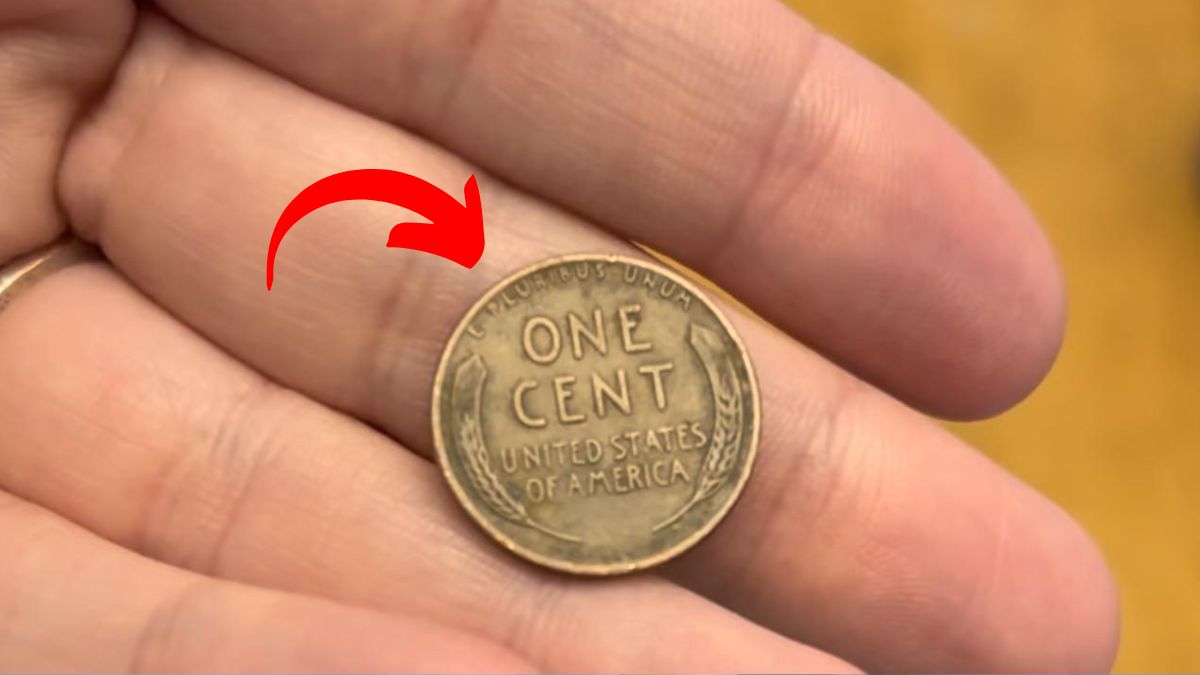Coins often hold more than their face value, becoming rare collectibles that intrigue enthusiasts. Among these is the Lincoln Wheat Penny, a coin with an extraordinary story and a jaw-dropping value of $145 million for its rarest version. This article delves into the history, value, and appeal of the Lincoln Wheat Penny, with a focus on the legendary 1943 copper penny.
What Is the Lincoln Wheat Penny?
The Lincoln Wheat Penny was introduced in 1909 to commemorate President Abraham Lincoln’s 100th birth anniversary. Designed by Victor David Brenner, the coin features Lincoln on the obverse and two wheat stalks on the reverse, giving it the nickname “Wheat Penny.” Minted from 1909 to 1958, it was later replaced by the Lincoln Memorial Penny.
Why Is It So Valuable?
The Lincoln Wheat Penny’s value lies in its rarity, historical importance, and collector demand. While most Wheat Pennies are worth only a few cents, certain rare variations, like the 1943 copper penny, fetch astronomical sums. This particular coin’s value soared due to a minting error, making it one of the most prized coins in history.
The Star of the Collection: The 1943 Copper Penny
The 1943 Copper Wheat Penny stands out as the most valuable Lincoln Wheat Penny. During World War II, the U.S. Mint used zinc-coated steel for pennies to conserve copper for the war effort. However, a few copper planchets mistakenly entered production, creating this rare gem.
Discovered in 1947 by a Pennsylvania coin dealer, the 1943 copper penny is one of the rarest coins ever minted. Only a handful exist today, and its value reached $145 million at auction, cementing its status as a numismatic legend.
How Did the 1943 Copper Penny Become So Valuable?
The 1943 copper penny owes its value to its rarity and the circumstances of its creation. When the U.S. Mint transitioned to steel pennies, leftover copper planchets were accidentally used. Initially overlooked, these coins gained recognition among collectors over time. Their rarity and historical significance propelled their value, making them a dream find for coin enthusiasts.
How to Spot a Rare 1943 Copper Penny
Finding a genuine 1943 copper penny requires attention to detail. Key features include:
- Date and Mintmark: Look for a 1943 penny with or without mintmarks (“D” for Denver, “S” for San Francisco, or none for Philadelphia).
- Weight: Copper pennies weigh about 3.1 grams, compared to 2.7 grams for steel pennies.
- Color: Copper pennies are reddish-brown, unlike the silvery steel versions. Tarnished copper pennies may appear dull, so weight and other characteristics are essential.
Due to the prevalence of counterfeits, professional verification is crucial for suspected rare pennies.
Other Rare Lincoln Wheat Pennies
Beyond the 1943 copper penny, several other Lincoln Wheat Pennies are highly collectible:
- 1909-S VDB Penny: Featuring designer Victor David Brenner’s initials and the San Francisco mintmark, this coin is rare due to its limited production.
- 1922 No D Penny: A Denver-minted penny missing its “D” mintmark, making it a unique error coin.
- 1955 Double Die Penny: Known for its noticeable doubling of the date and inscriptions, this error coin is another collector favorite.
The Role of Collectors and the Coin Market
The coin market thrives on rare finds like the 1943 copper penny. Auctions often see fierce bidding wars among collectors eager to own a piece of history. For numismatists, the excitement of discovering a rare coin can rival its monetary value.
Collectors also seek out other rare Wheat Pennies, investing years in completing their collections. The passion and dedication of these enthusiasts drive the coin market and maintain the allure of coins like the Lincoln Wheat Penny.
Why Are Lincoln Wheat Pennies Still in Circulation?
Despite their rarity, Lincoln Wheat Pennies are still found in circulation due to their vast production numbers. While most hold minimal value, the possibility of finding a rare gem keeps collectors searching. This ongoing circulation adds to the thrill of coin hunting and the enduring popularity of the Lincoln Wheat Penny.
Conclusion: A Coin That Stands the Test of Time
The Lincoln Wheat Penny, particularly the 1943 copper version, is a testament to the fascinating world of numismatics. Its history, rarity, and immense value make it a prized collectible and a symbol of the unexpected treasures hidden in everyday currency.
As the market for rare coins grows, the legacy of the Lincoln Wheat Penny continues to captivate collectors and investors. Who knows? The next time you check your pocket change, you might uncover a piece of history worth millions.
Disclaimer: The prices mentioned for rare coins, including the Lincoln Wheat Penny, are not guaranteed and may not be entirely accurate due to market fluctuations and varying appraisals.





